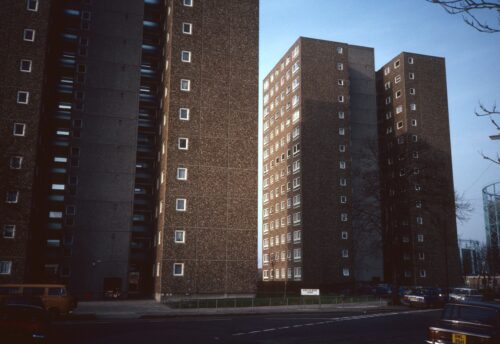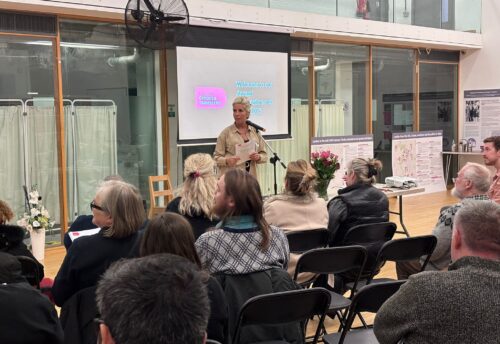LGT this week continued its legal challenge against councils’ use of “wide injunctions” to prevent Gypsies and Travellers from stopping on public land. Its case, being brought with two other Gypsy and Traveller charities, and supported by Friends of the Earth and Liberty, was heard on Wednesday and Thursday at the Supreme Court of the United Kingdom.
The judges will now consider their decision, which could take several weeks or months.
London Gypsies and Travellers’ Policy and Campaigns Coordinator, Ilinca Diaconescu, said that LGT would continue to campaign for the rights of nomadic communities and push for alternatives to wide injunctions against “persons unknown”.
“Wide injunctions are disproportionate and unjust,” she said. “Enforcement action causes great hardship for Gypsy and Traveller families on the roadside – encouraging public prejudice, disrupting family life, threatening their health and wellbeing and preventing access to education, work and services.”
LGT, Friends Families and Travellers and the Derbyshire Gypsy Liaison Group are appealing against wide-ranging anti-Traveller injunctions taken out by Wolverhampton City Council and numerous other councils.
Support from Friends of the Earth follows a rapid increase in the use of “persons unknown” injunctions against environmental protestors in recent years – including by fossil fuel companies against community-based campaigns opposing fracking.
Katy Watts, a lawyer at Liberty, said: “We all want to live in a world where our way of life and our basic rights are respected. We are intervening in this case because we’re deeply concerned by the effect ‘persons unknown injunctions’ are having on people’s fundamental rights. The growing use of these injunctions is stopping protesters from standing up for what they believe in, and criminalising the Gypsy, Roma and Traveller way of life.”
LGT’s Ilinca Diaconescu pointed out that there are highly practical alternatives to injunctions. “We hope more councils will change their approach from evictions and criminalisation, to providing the sites and stopping places that are urgently needed.”


